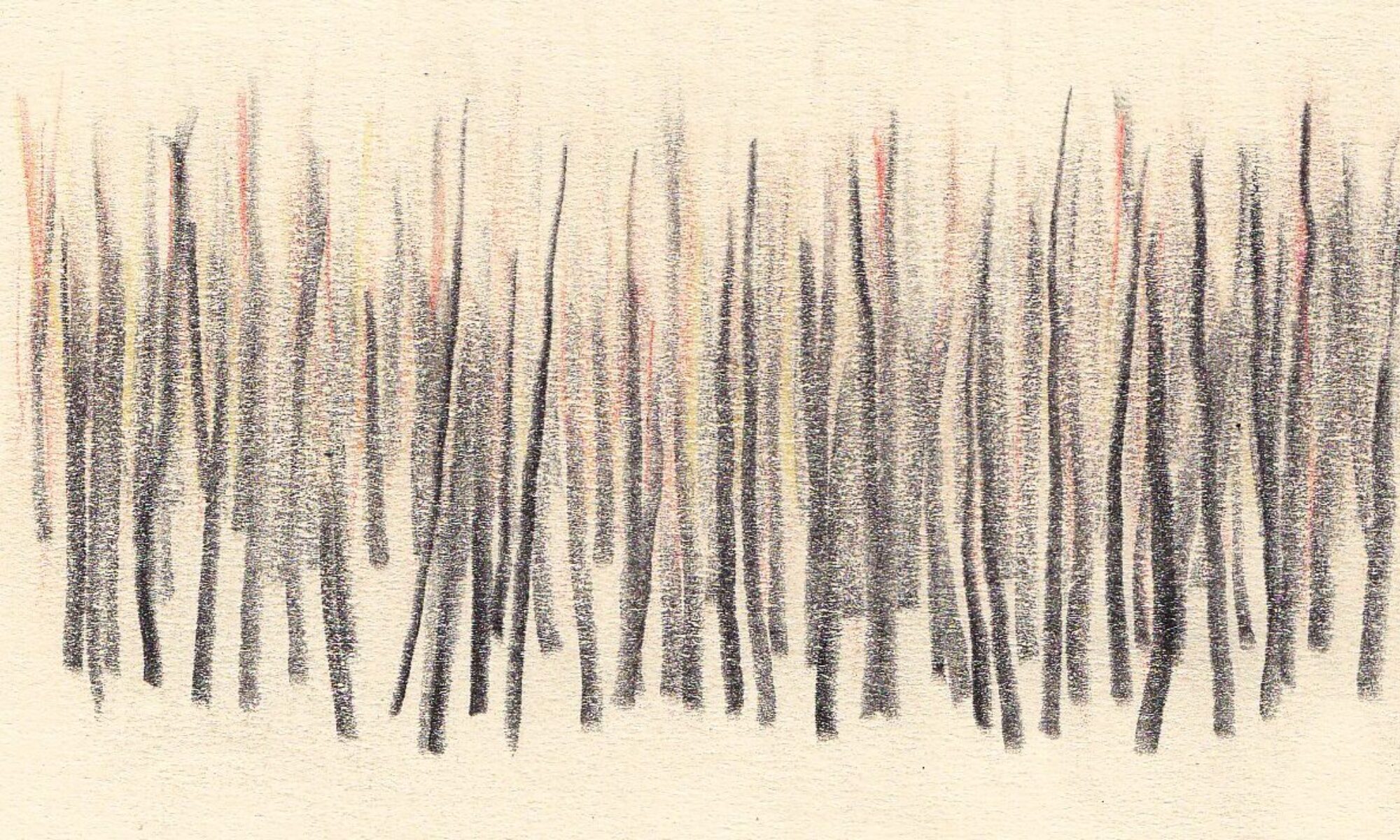For a long time Pyrrha to me was a fortified city on the slopes of a bay, with high windows and towers, enclosed like a goblet, with a central square deep as a well, with a well in its center. I had never seen it. It was one of the many cities where I had never arrived, that I conjured up, through its name: Euphrasia, Odile, Margara, Getullia. Pyrrha had its place among them, different from each of them, and like each of them, unmistakable to the mind’s eye.
The day came when my travels took me to Pyrrha. As soon as I set foot there, everything I had imagined was forgotten; Pyrrha had become what is Pyrrha; and I thought I had always known that the sea is invisible from the city, hidden behind a dune of the low, rolling coast; that the streets are long and straight; that the houses are clumped at intervals, not high, and they are separated by open lots with stacks of lumber and with sawmills; that the wind stirs the vanes of the water pumps. From that moment on the name Pyrrha has brought to my mind this view, this light, this buzzing, this air in which a yellowish dust flies: obviously the name means this and could mean nothing but this.
My mind goes on containing a great number of cities I have never seen and will never see, names that bear with them a figure or a fragment or glimmer of an imagined figure: Getullia, Odile, Euphrasia, Margara. The city high above the bay is also there still, with the square enclosing the well, but I can no longer call it by name, nor remember how I could ever have given it a name that means something entirely different.
